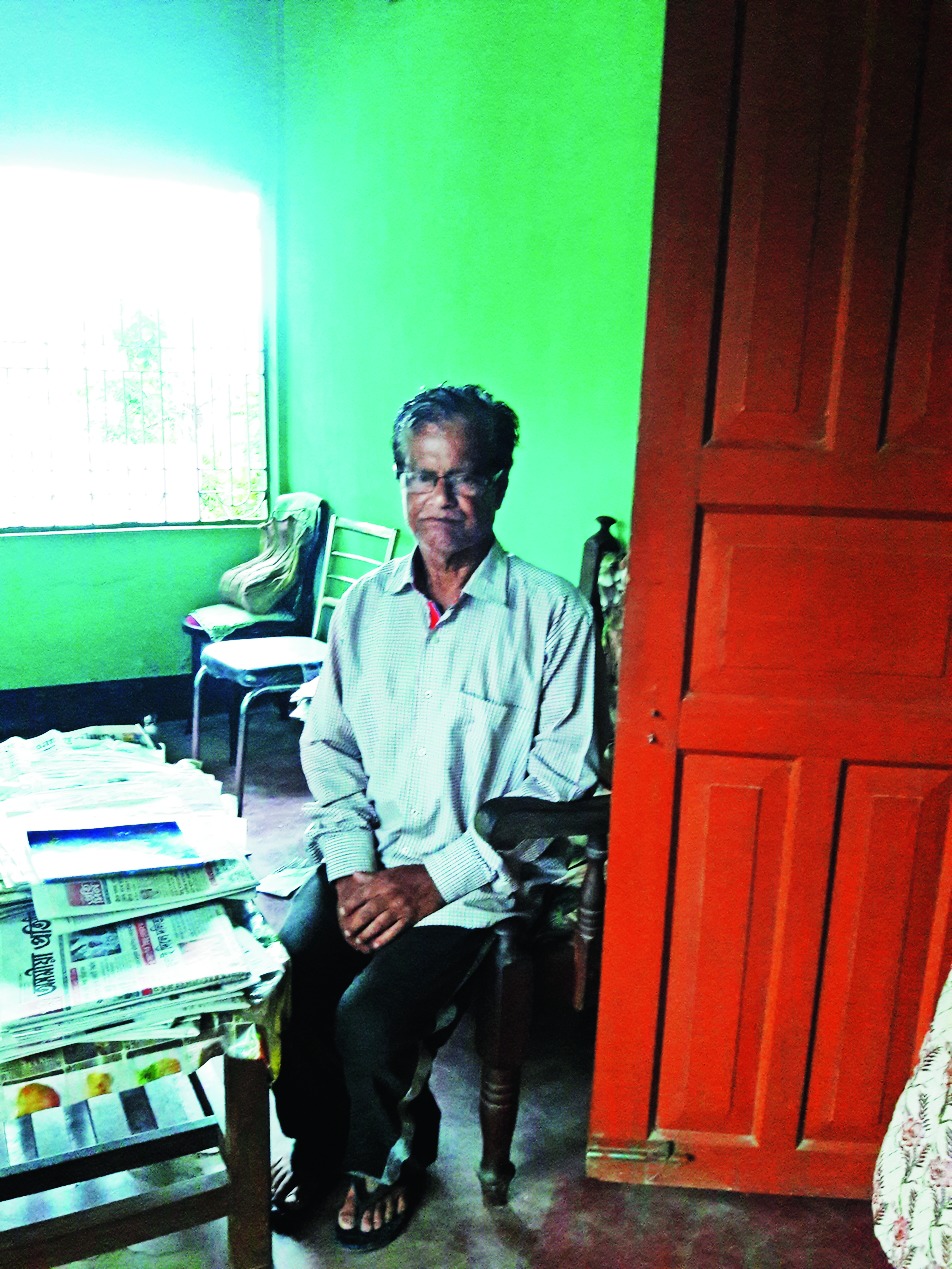
Majuli: Twenty-one years after the disappearance of social worker Sanjoy Ghose from Majuli in Upper Assam on July 4, 1997, life has moved on and few islanders are willing to rake up old wounds.
Among those willing to talk about Ghose is Kishori Mohan Paul, a former school teacher and secretary of Sanjoy Ghose Memorial Trust Society, which was formed in 1999-2000 and focuses on improving the standards of schools and other educational institutions on the island by screening audio/visual documents for training teachers and students.
Speaking to this correspondent at the trust's office here, Paul said some of the island's welfare measures envisioned by Ghose still remain to be fulfilled and development hasn't happened at the desired pace.
"I last spoke to him on June 29, 1997. It is sad what happened to him. He had done some good work and the locals used to love him. After his death, welfare measures have not taken place at the pace they ought to have. Majuli has changed a lot after Ghose's disappearance," he said.
According to local reports, Ghose was kidnapped by Ulfa from Bongaon in the remote southeastern fringes of the island and killed on July 5, 1997, a day after he was kidnapped.
Budhin Bhuyan, a young monk living on the island, said, "People nowadays do not talk much about him. Things have changed a lot since his death. But when he died, people were disheartened because he was doing a lot of work for the island. But now people don't want to talk, they want to carry on with their lives."
Bidyut Kotoky, who directed the critically acclaimed Ekhon Nedekha Nodir Xhipare, a bilingual film loosely based on the disappearance of Ghose, said the social worker's death created a void in Majuli that remains to be filled even after two decades.
"I would talk to different people in Majuli about him, although unofficially, and what they had to say about him, a person I never met, left a strong impression in my subconscious mind," Kotoky said.
Ghose was the secretary of the Association of Voluntary Agencies for Rural Development (Avard-NE) which mostly worked on an experimental basis to prevent erosion by building embankments.
Bharat Saikia, secretary of Majuli Island Protection and Development Council and a retired superintendent engineer of the water resources department, said Ghose's death was a stain on the island.
"I met him on a few occasions. He requested my help regarding erosion and invited me for discussions. We held one such discussion around mid-April in 1997, a few days after Rongali Bihu. We mostly talked about erosion. He did a lot of good work and brought new concepts. His works were experimental. He was somewhat a maverick." Saikia said.










